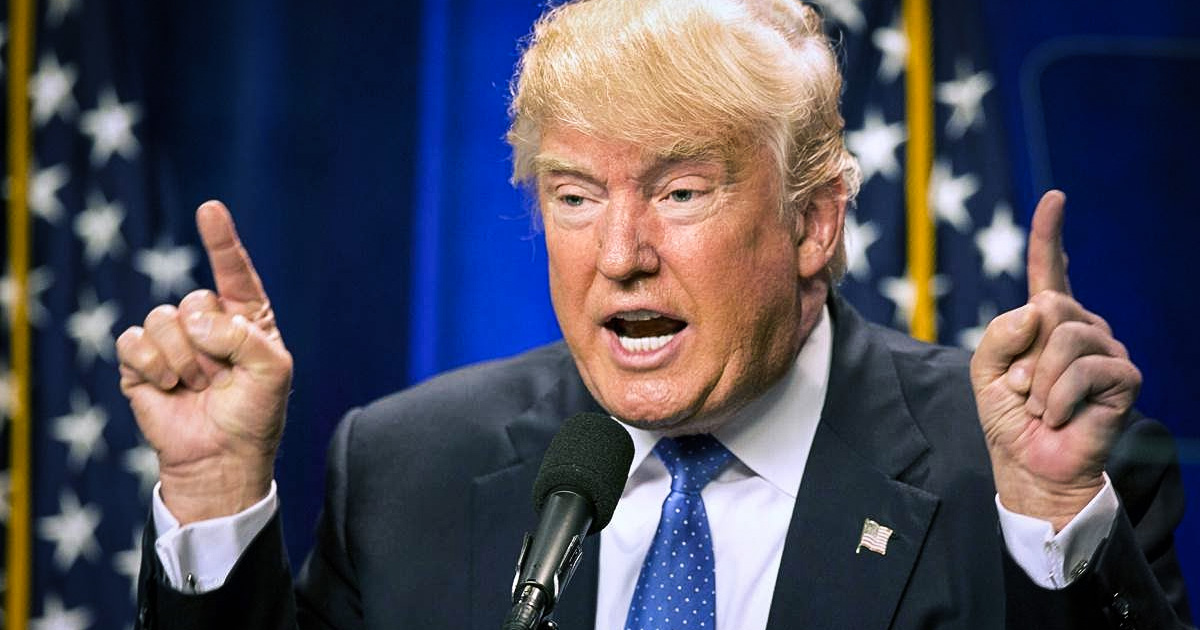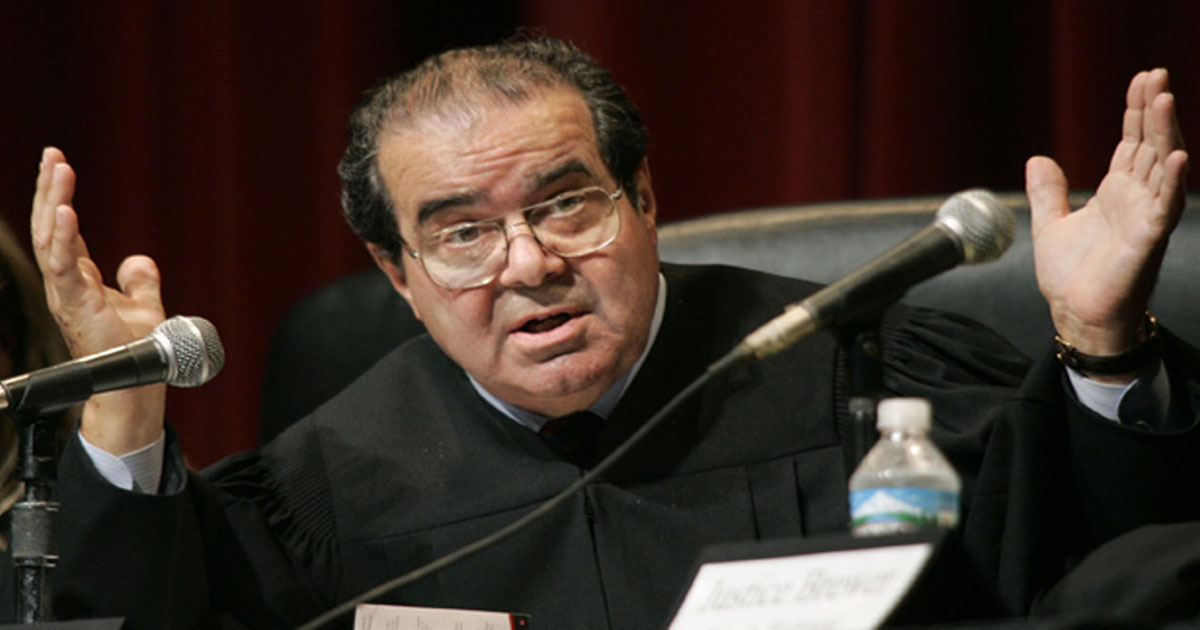The Voting Rights Act turned 50 years old this year, and not since its inception has it found itself in so much peril. Just one year ago, the U.S. Supreme Court gutted Section 5 of the VRA, which now allows districts with a history of trying to disenfranchise minority voters to change their voting rules without having to get pre-approval from the Justice Department.
Many analysts have said that the best route to victory for the Republican Party in 2016 will be through suppressing the votes of minorities. This will be accomplished through recent efforts at redistricting, changing the locations and hours of polling places, and with voter ID laws.
All of these efforts have been documented in their entirety by groups like The Brennan Center for Justice and The American Civil Liberties Union, and by journalists including Brad Friedman and Ari Berman.
With all of these attacks on the right to vote taking place in America today – almost all of which are coming from Republican Party policies – it is remarkable that one of the most conservative Courts of Appeal in the United States voter to strike down a repressive voter ID law from the state of Texas.
The United States Court of Appeals for the Fifth Circuit recently ruled that Texas’s voter ID requirement violated the Voting Rights Act and that the law should be, at the very least, significantly weakened.
Judge Catharina Haynes, a George W. Bush appointee, said in her ruling that “Hispanic registered voters and Black registered voters were, respectively, 195% and 305% more likely than their Anglo peers to lack [photo ID.]” Her analysis in this ruling was on par with a study done by the state of Texas where they found that a photo ID requirement would disproportionately affect minority voters, effectively removing their ability to cast a vote.
The 5th Circuit stopped short of calling for a complete repeal of the law, but their ruling will easily force a re-write of the existing law. Unfortunately, the case will likely be appealed to the Supreme Court, and their history on Voting Rights cases doesn’t leave us with a warm feeling inside.


